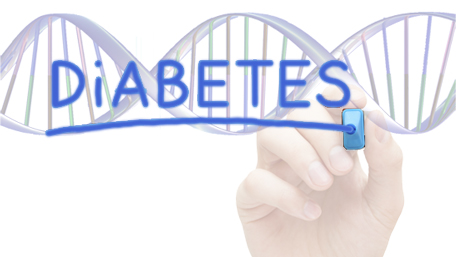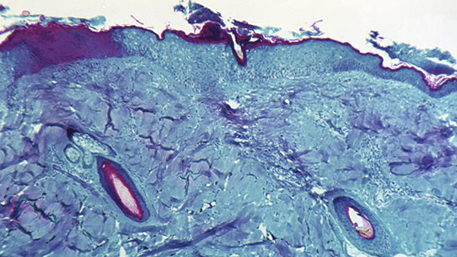
11/15/2022
Hot Topics of the Day are picked by experts to capture the latest information and publications on public health genomics and precision health for various diseases and health topics. Sources include published scientific literature, reviews, blogs and popular press articles.
Sign up MyPHGKB to receive the daily hot topic email alert.
Archived Hot Topics of the Day By Date
Inherited Cancer Susceptibility Gene Sequence Variations Among Patients With Appendix Cancer.
Holowatyj Andreana N et al. JAMA oncology 2022 11
Improving Machine Learning Diabetes Prediction Models for the Utmost Clinical Effectiveness
J Shin et al, J Per Med, November 14, 2022
A Roadmap for Potential Improvement of Newborn Screening for Inherited Metabolic Diseases Following Recent Developments and Successful Applications of Bivariate Normal Limits for Pre-Symptomatic Detection of MPS I, Pompe Disease, and Krabbe Disease
K Jalal et al, IJNS, November 15, 2022
AI detection of cardiac dysfunction from consumer watch ECG recordings
Nature Medicine, November 14, 2022
Prospective evaluation of smartwatch-enabled detection of left ventricular dysfunction
ZI Attoa et al, Nature Medicine, November 14, 2022
Moderna data suggest new Covid booster is more effective against Omicron variants
M Herper, Stat News, November 14, 2022
Protection against infection with the Omicron BA.5 subvariant among people with previous SARS-CoV-2 infection - surveillance results from southern Sweden, June to August 2022
F Kahn et al, MEDRXIV, November 14, 2022
COVID Seq as Laboratory Developed Test (LDT) for diagnosis of SARS-CoV-2 Variants of Concern (VOC)
RE Carpenter et al, MEDRXIV, November 14, 2022
Risk factors and symptom clusters for Long Covid: analysis of United Kingdom symptom tracker app data.
E Ford et al, MEDRXIV, November 14, 2022
Protection conferred by Delta and BA.1/BA.2 infection against BA.4/BA.5 infection and hospitalization: A Retrospective Cohort Study
N Winchester et al, MEDSCAPE, November 14, 2022
Exploration of wastewater surveillance for Monkeypox virus
EM Meijia et al, MEDRXIV, November 14, 2022
Disclaimer: Articles listed in Hot Topics of the Day are selected by Public Health Genomics Branch to provide current awareness of the scientific literature and news. Inclusion in the update does not necessarily represent the views of the Centers for Disease Control and Prevention nor does it imply endorsement of the article's methods or findings. CDC and DHHS assume no responsibility for the factual accuracy of the items presented. The selection, omission, or content of items does not imply any endorsement or other position taken by CDC or DHHS. Opinion, findings and conclusions expressed by the original authors of items included in the Clips, or persons quoted therein, are strictly their own and are in no way meant to represent the opinion or views of CDC or DHHS. References to publications, news sources, and non-CDC Websites are provided solely for informational purposes and do not imply endorsement by CDC or DHHS.
- Page last reviewed:Feb 1, 2024
- Page last updated:Apr 25, 2024
- Content source:








